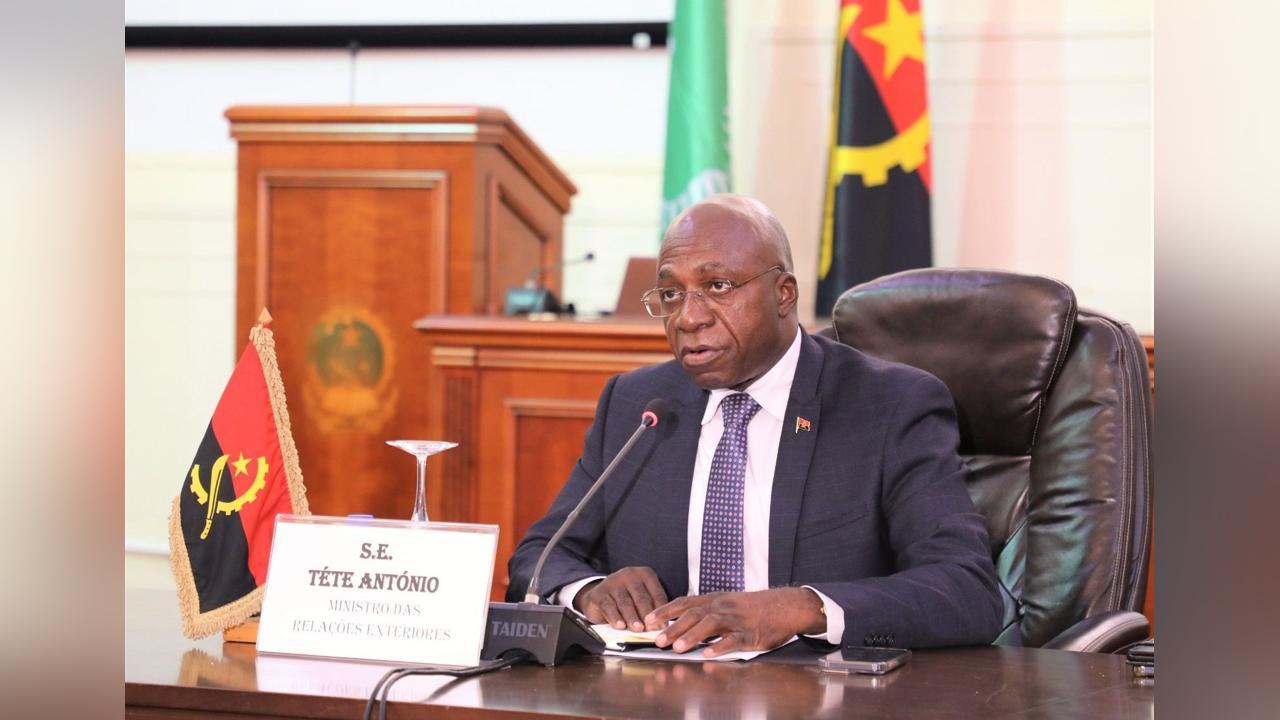Africa-Press – Angola. The Foreign Minister, Téte António, on Wednesday in Luanda, highlighted the importance of Dom António Nsaku Ne Vunda’s achievements in foreign policy, for his journey and courage, defending difficult issues with dignity that made him the first ambassador from Sub-Saharan Africa to the Vatican, Rome, Italy.
Speaking to the press, after the inauguration of the exhibition on the “Life of Negrita”, in honour of Dom António Nsaku Ne Vunda, Téte António stressed that he is a symbolic personality for everything that characterizes Angola’s foreign policy.
He emphasized the importance of celebrating Diplomat’s Day and in a year in which the country celebrates 50 years of National Independence, adding that he praised this figure who was also the second ambassador to the Vatican, after Japan (when the Vatican was not yet part of the European continent).
“I believe that we have many lessons to learn here, lessons of courage, determination, resilience and, above all, love for our country”, he emphasized.
According to the minister, “looking at the journey of Dom António Nsaku Ne Vunda, at that time, who left his homeland for Rome (Italy), one realizes that this is only possible with great resilience, courage, determination and, above all, faith in achieving his objectives”.
He revealed that the ministry wanted this exhibition to be opened on Angolan Diplomat Day, because Ne Vunda is precisely the symbol of the diplomat in modern times.
The government official took the opportunity to recall that the diplomat Negrita is the first person on the continent who can be mentioned as having served as ambassador to the Vatican.
At the time, the archbishop of the Catholic church in Luanda, Dom Filomeno Vieira Dias, said that the figure of Ne Vunda represents, for the church and the Angolan nation, the affirmation of kingdoms and peoples to the nations of that period, still limited to both the African, American and European continents.
He added that it also represents the effort of dialogue, knowledge and relationship on the part of the sovereigns with the great peoples of that time, especially Rome, which represented the center, not only of Catholicity, but of the world.
“Suffice it to say that it was the Pope who crowned sovereigns and kings. Hence the recognition, by the church, of the Kingdom of Congo as its own, independent kingdom, with its own governance structures”, he said.
He also highlighted that it represents the attention that an Angolan sovereign had for the center of Christianity at that time, the center of Catholicity.
For More News And Analysis About Angola Follow Africa-Press






